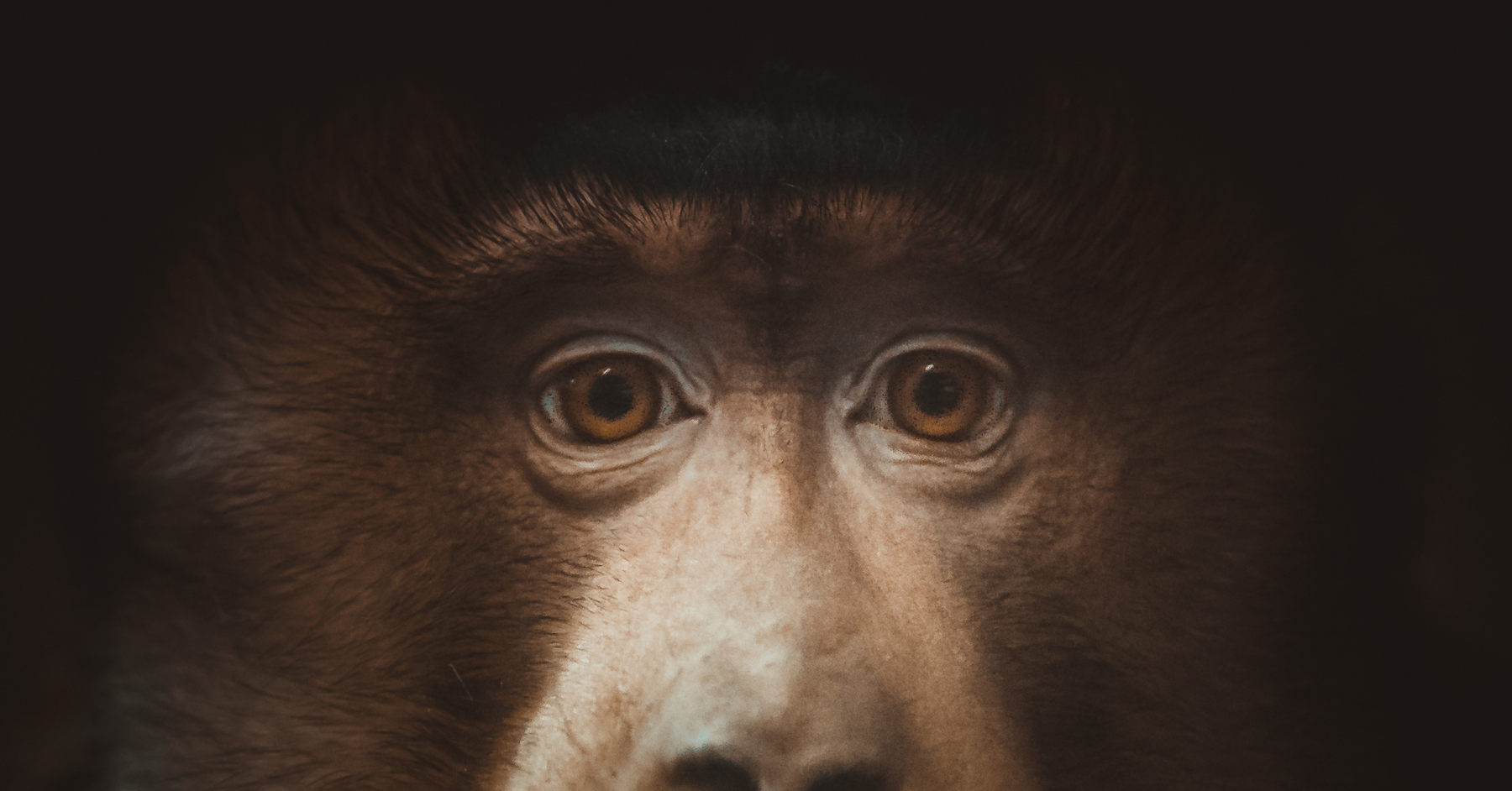
We know they don’t tell us the truth.
We know they don’t want us to understand.
And, now, we know that animal researchers don’t even want us to have the most basic information about what they do (except, of course, what they choose to lie and mislead us about).
Last week, two state bills seeking to increase animal research transparency in the most modest of ways were shut down by the animal research industry.
- (1) A Virginia bill (Senate Bill No. 411) that sought “to shed light on animal experiments at state-funded facilities” (and that enjoyed bipartisan support) succumbed to “industry pushback”.
More plainly: Virginia state animal researchers whose livelihoods are funded by public money (including “more than $133 million” in 2022 state dollars) have refused to share basic information with members of the public, including the numbers of animals they’re using for research, how they obtained these animals, and the “percentage of funds” they’re spending on animal research.
Why? Because doing so would be “complicated” for them. Indeed, according to animal research industry representatives, this is true of even the most fundamental data point – the number of animals in their care: says the industry, “counting every animal” would impose “‘a significant burden on’” animal researchers.
You read that right: the animal research industry doesn’t just oppose reporting its animal counts; it doesn’t even want to count its animals in the first place.
- (2) A Washington bill (House Bill 2304) that sought to have the University of Washington National Primate Research Center (WaNPRC) publish “information about where the[ir] monkeys come from and what happens to them” died in committee after closed-door, industry pushback.
More specifically, this bill would have required the WaNPRC to report to the public (i.e., its funders!) nothing more than the number and species of its primates, from where it obtained its primates, how its primates were used for experimentation, and what unintended injuries, infections, illnesses, and deaths its primates suffered.
WaNPRC covertly fought having to do this, while overtly and simultaneously pretending to be (voluntarily and already) honoring the bill’s spirit by sharing some information on its website.
Yet – in light of the painfully obvious and insurmountable question of why the WaNPRC would aggressively fight a legal mandate with which it both agreed and was already complying – it should come as no surprise that the WaNPRC did not actually share the information contemplated by the bill.To be sure (and by way of examples only), the WaNPRC offered the number of primates it used for research and the number of primates it purchased but not, as the bill would have required, how those primates were “used” for research and from where those primates were purchased. (It is also worth recognizing that – far from information that would otherwise be secret – the vast majority of information shared by the WaNPRC is that required for public reporting by federal law (and, therefore, already publicly available vis-a-vis the USDA).)
The animal research industry continues both declining to share with us facts about animal research and seeking to manipulate us into accepting its fabricated, and fundamentally inconsistent, fictions.
That it cares about each of its animals . . . but also can’t be bothered to count them.
That it voluntarily shares information about its animal research . . . but also provides only the information mandated by law.
The industry always has and always will fight to keep its truths hidden from us, for, as we’ve long recognized, it is only by “keep[ing] everything [] from the light of day” that it maintains public support. So, we must continue demanding, in the words of the Virginia bill’s primary sponsor, “sunshine and transparency”.
We may not be able to undo the defeats of the Virginia and Washington initiatives, but we can lend our voices to a demand for greater transparency at the federal level by supporting the Cost Openness and Spending Transparency (COST) Act, which seeks to establish increased clarity around every project supported with federal funds (including, of course, a tremendous amount of animal research).